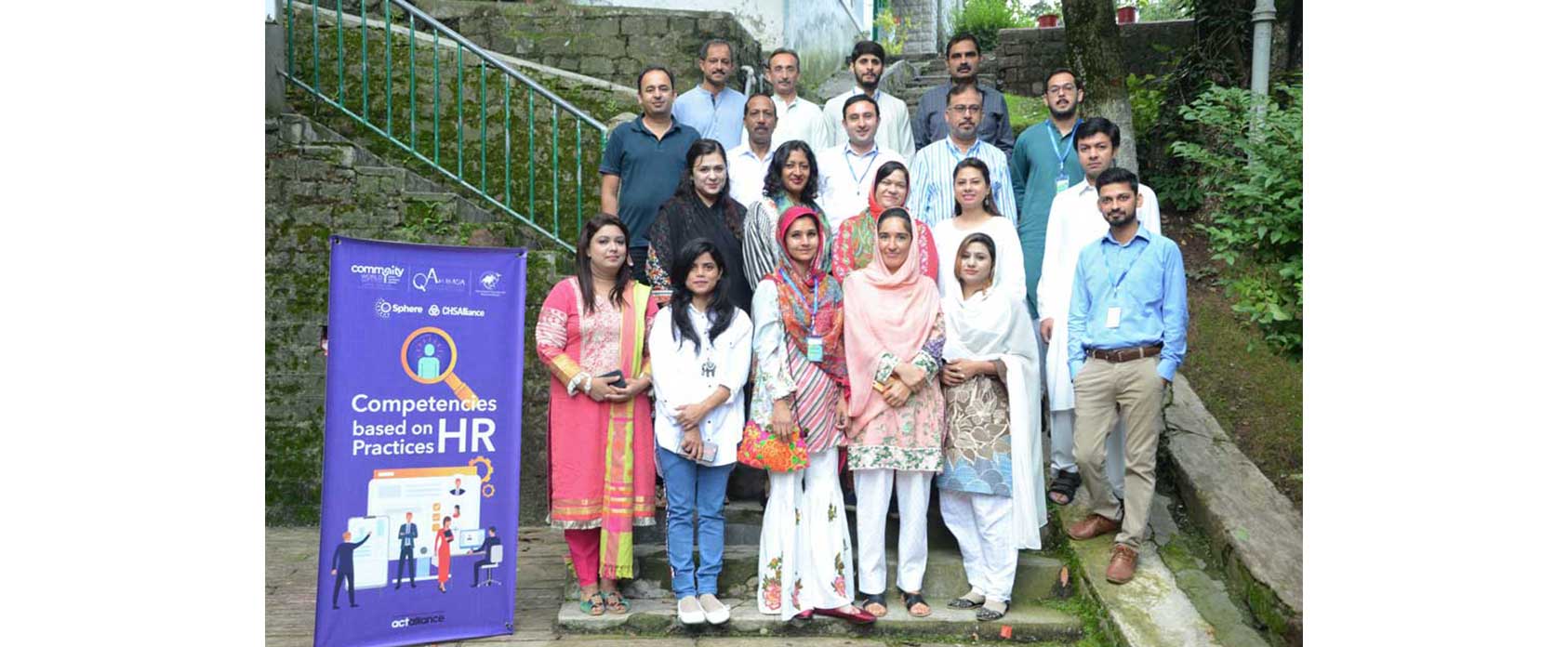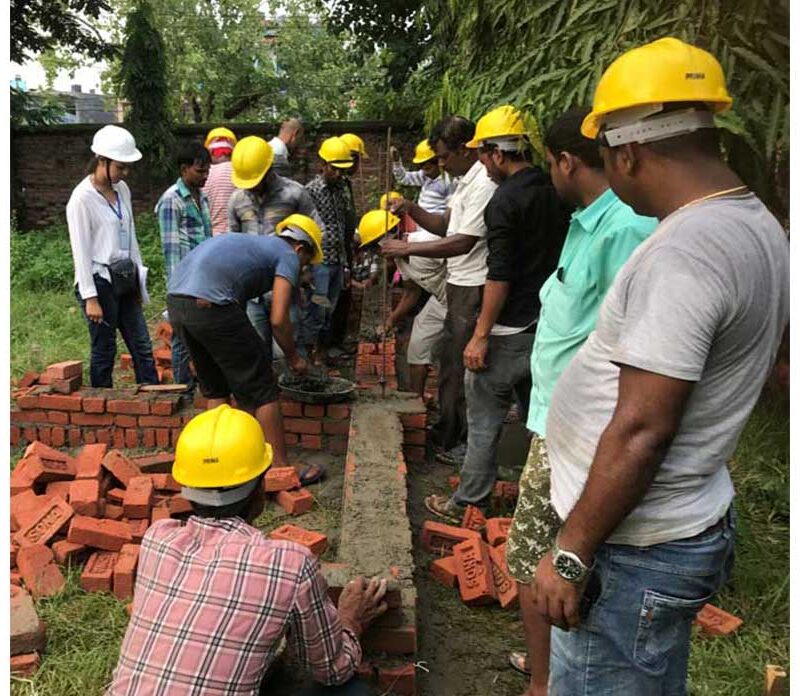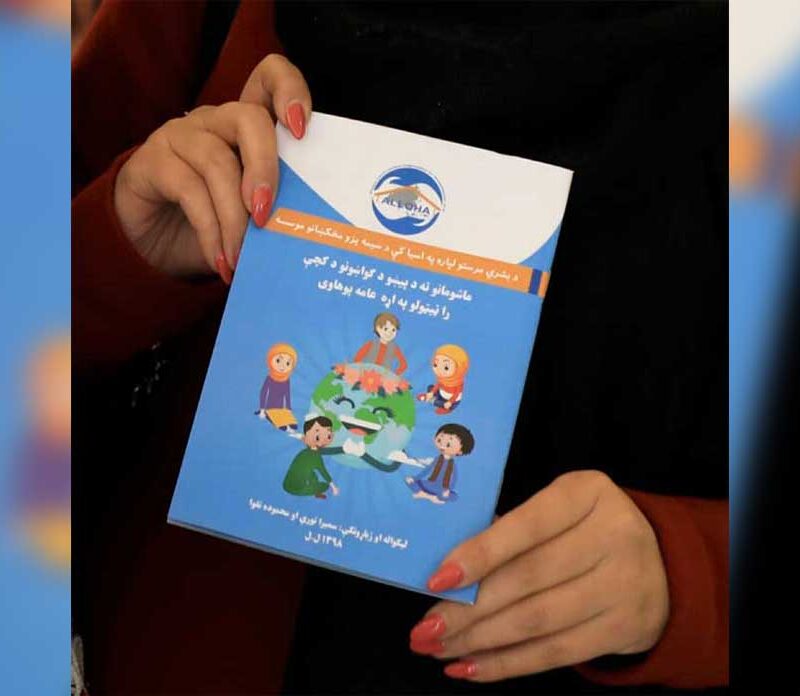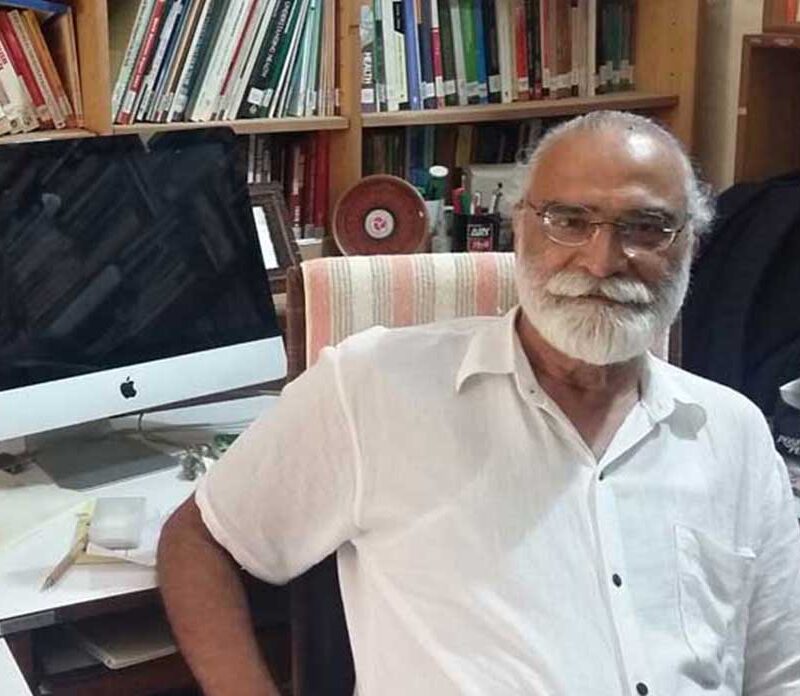
The Core Humanitarian Competency Framework (CHCF) aims to provide humanitarian and development workers with the right skills and behaviors. Competency based HR can facilitate an organization with recruiting, training and managing staff in an efficient and productive manner. The CHCF, developed in 2011, provides a set of core competencies that can be used as reference and resource for humanitarian workers. Establishing CHCF further accelerates the professionalization of the humanitarian sector and contribute to efforts by organizations to render effective service to affected people and communities. To mainstream competency based HR, Community World Service Asia organized a four-day training course on “Competency-based HR Practices using the Core Humanitarian Competencies Framework” this July in Pakistan.
The training was about using the notion of competency and the results of competency analysis to inform and improve the processes of performance management, recruitment and selection, employee development and employee reward. A competency framework contains definitions of the behavioral competencies used in the whole or part of an organization. It provides the basis for the use of competencies in such areas as recruitment, performance management, learning and development and reward. Uma Narayanan, the trainer, is a specialist in human resources, quality management and organizational development for medium to large scale organizations in the humanitarian and development sector. With a background in International Organizational and Systems Development, Uma has worked as an Organization Development and Human Resources practitioner mostly in Southeast Asia, South Asia and Europe, for more than a decade.
The course facilitated participants with skills and tools to apply CHCF to strengthen their humanitarian response initiatives. Participants were divided in six groups of three in each. Two people in each group interviewed a candidate (the third participant in the group) for an HR position with questions based on CHCF. Participants found the exercise to be helpful in decision-making, to find the right person for the right job and bringing in transparency in recruiting processes. Uma shared, “Although the HR personnel does not have the technical knowledge of the hiring position, he or she can bring in observation skills during the interviewing sessions.” According to Ansar, Manager HR in Punjab Education Endowment Fund (PEEF), “While working as manager HR in PEEF, HR plays a very important role in strategic decision-making. HR’s functions are very prominent and effective in staff development and recruitment.”
A competency based framework supports the performance development process by identifying what is critical for success, and thus support and feedback can be focused accordingly. In the Competency-Based Performance Assessment session, participants carried out a self-assessment of their competencies using their job profile to help identify key areas of focus. Participants were directed to rate themselves from 0-1 under each competency, where 0 stated Competencies not required for current role, 1: Not met/Partially met, 2: Met and 3: Exceeds/Advanced proficiency.
“As I am heading the HR department in my organization, I believed that I must exceed in most competencies. However, while assessing myself with evidence made the rating process difficult. This was a healthy exercise to know how we are working in our field. While rating myself, I found out that I was partially meeting the competencies instead of exceeding them,” said Sadia Usman, Vice President HR, Shakarganj Food Products Limited.
Participants were presented with a set of motivating factors, in the Learning and Development session, consisting of ten features that encourage staff to perform better. The features included working conditions, salary and benefits, job status, management recognitions and others. Each participant was asked to arrange the motivating factors as per priority – what motivated them the most and what motivated them the least. Participants learnt that the competency framework, in conjunction with the job description and the self-assessment tool, can be used to assist to get to know team’s current performance. The HR and managers received the knowledge to make judgment on future potential, identify the areas for growth, and how it relates to aspiration, ability and engagement.
“The training was very interesting in terms of learning the CHCF. The group activities kept us engaged throughout the training and each exercise complimented the session and build a clear understanding of the CHCF. Uma developed a friendly and open-sharing environment where all of us felt comfortable while sharing opinions,” Isma Amin, Head of HR, Secours Islamique France-SIF.
Another participant, Samra Rehman, HR Manager, International Federation of Red Cross, shared, “Being a HR professional, I believe I can improve some HR practices in my organization on my return. I plan to give an orientation session on the CHCF with the staff of IRC. Moreover, the competency framework for talent management can be exercised in our field of work which will transparently assess performance and potential of employees.”



